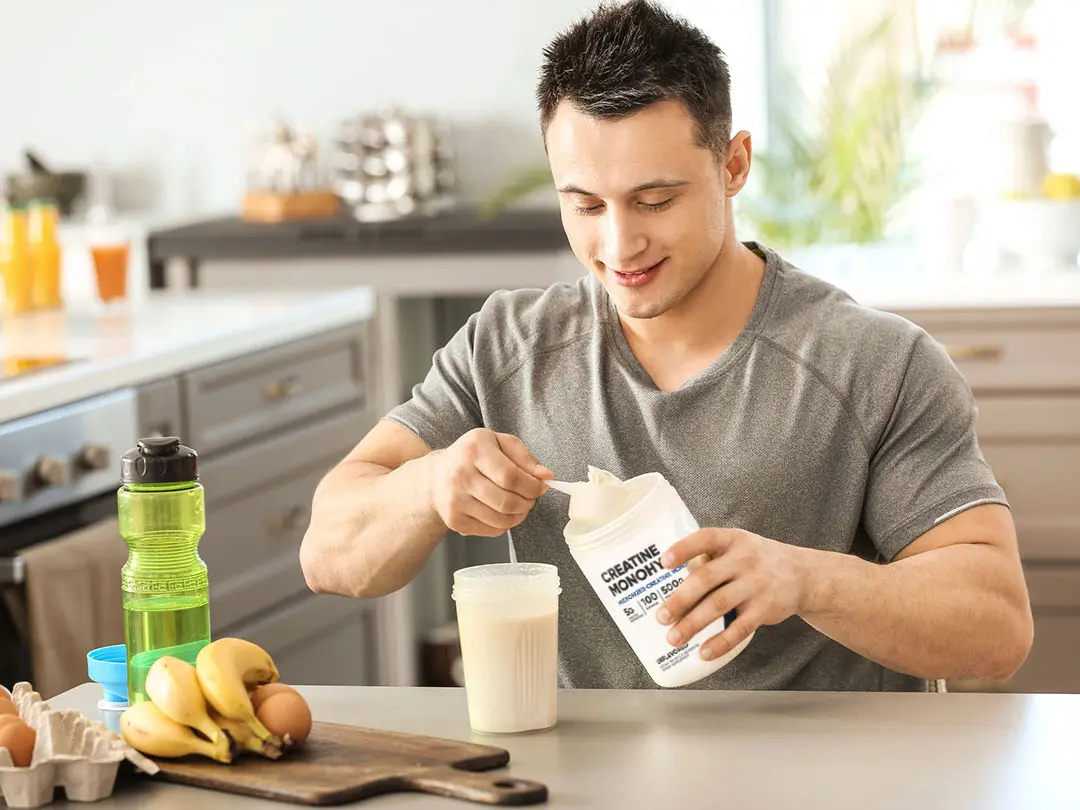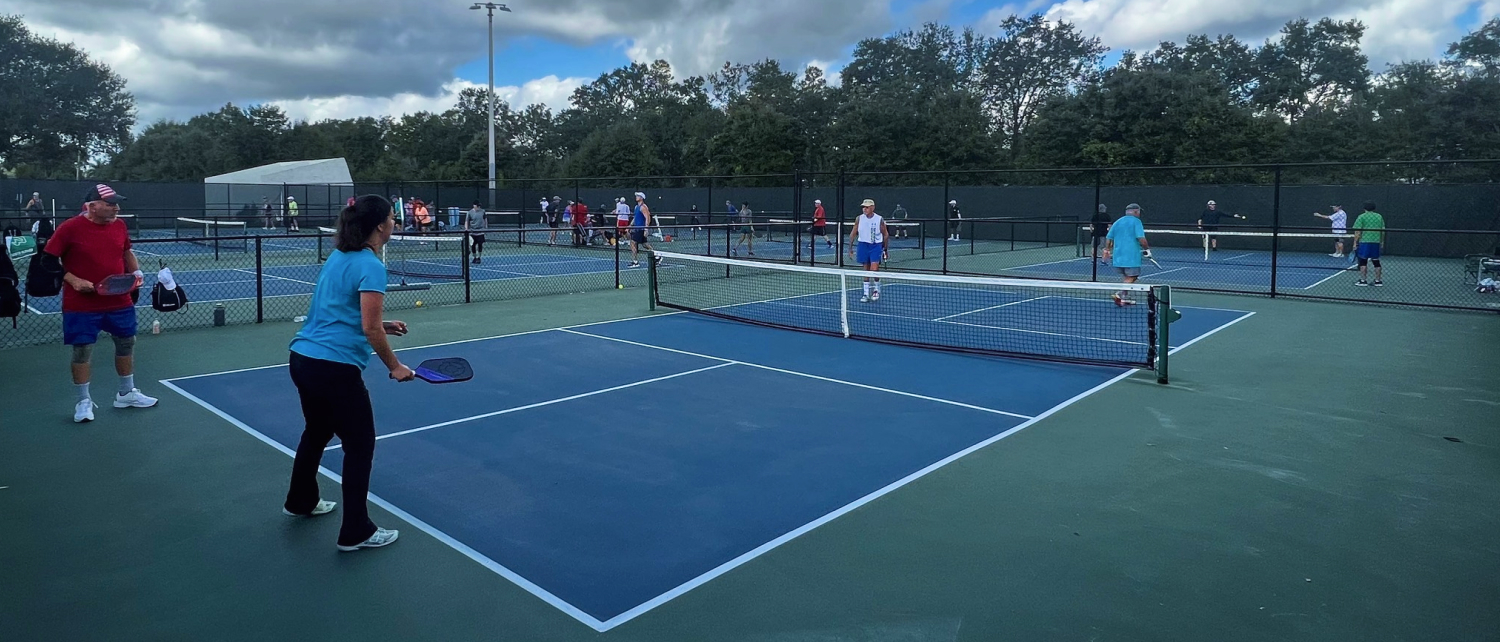
Pickleball has quickly become one of the fastest-growing sports in the United States, attracting athletes of all ages. Whether you are a casual weekend player or a competitor training for tournaments, one fact remains constant: the sport demands both physical energy and mental sharpness. Long rallies, quick directional changes, and the need for rapid decision-making place stress on both the body and the brain.
While most players know about hydration, stretching, and proper nutrition, fewer realize that creatine, one of the most studied supplements in sports science, can play a major role in helping pickleball athletes recover faster and think more clearly on the court. Creatine is not just for bodybuilders—it’s a natural compound that supports energy systems in muscle and brain cells alike.
This blog explores how creatine can benefit pickleball players, particularly in muscle recovery and brain function regulation, while also dispelling myths and providing practical insights on its safe use.
What Is Creatine?
Creatine is a naturally occurring compound made from three amino acids: arginine, glycine, and methionine. Our bodies produce it in the liver and kidneys, and we also get it from foods like red meat and fish. About 95% of the creatine in the human body is stored in skeletal muscle, while the rest is found in the brain and other tissues.
When muscles or neurons need quick bursts of energy, creatine plays a critical role by helping regenerate ATP (adenosine triphosphate)—the body’s primary energy molecule. This makes it especially valuable in high-intensity, short-duration sports like pickleball, where fast reactions and explosive movements are frequent.
Muscle Recovery: Why Creatine Helps Pickleball Players Bounce Back Faster
Pickleball might look easy from the sidelines, but anyone who has played knows the sport is demanding. Multiple matches in a day, sudden pivots, lunges at the net, and overhead smashes can leave muscles sore and depleted.
1. Replenishing Energy Stores – Supplementing with creatine increases your muscles’ creatine phosphate reserves, allowing faster regeneration of ATP. This means you can recover more quickly between rallies and sustain high levels of performance throughout a game.
2. Reducing Muscle Damage – Studies show creatine supplementation may reduce muscle cell damage and inflammation after exercise, leading to less soreness and faster recovery time. For pickleball players, this can be the difference between feeling stiff the next morning versus being ready to step back on the court.
3. Improving Training Adaptations – Creatine supports greater strength and lean muscle development, leading to quicker footwork, more powerful shots, and greater resilience. Research supports these benefits, as outlined by the National Library of Medicine.
Brain Function Regulation: The Overlooked Benefit for Pickleball Players
Pickleball is not just physical—it’s intensely mental. Players must anticipate their opponent’s shots, decide between defense and offense in fractions of a second, and remain calm under pressure. Here’s where creatine provides unique support beyond the muscles.
1. Energy for Neurons – Just like muscles, neurons rely on ATP for energy. Creatine helps maintain energy balance in brain cells, especially under stressful conditions.
2. Cognitive Resilience Under Stress – Research shows creatine can improve cognitive performance in situations of mental stress or sleep deprivation.
3. Neuroprotection and Mood Support – There is emerging evidence that creatine supplementation may reduce mental fatigue and support a more stable mood.
Addressing Myths About Creatine
Many recreational athletes hesitate to use creatine because of lingering myths:
Myth 1: Creatine is only for bodybuilders. Reality: While strength athletes popularized it, creatine is useful for anyone needing quick energy and recovery, including endurance athletes and older adults.
Myth 2: Creatine causes dehydration or cramps. Reality: Research has consistently debunked this. In fact, creatine may improve hydration status in muscle cells.
Myth 3: Creatine is unsafe for long-term use. Reality: Decades of studies show creatine is one of the safest supplements available when used at recommended doses.
Practical Tips for Pickleball Players
1. Dosage: Most players benefit from 3–5 grams per day of creatine monohydrate.
2. Timing: Consistency matters more than timing. Take it daily rather than worrying about before or after matches.
3. Form: Creatine monohydrate is the most researched, effective, and affordable form.
4. Hydration: Drink adequate water, as creatine draws water into muscle cells.
5. Stacking: Taking creatine with carbs or protein may enhance uptake.
Conclusion: A Smart Edge for Pickleball Players
Creatine is not a magic pill, but it is one of the most reliable and well-studied supplements available. For pickleball players, its value lies in two key areas: faster muscle recovery and better brain function regulation. By keeping your muscles strong and your mind sharp, creatine supports both the physical endurance and the mental clarity needed to excel in this fast-growing sport.
Whether you’re striving to improve your dinking game, prepare for long tournament days, or simply stay energized for recreational matches, creatine can provide that hidden edge. Safe, affordable, and effective, it’s a tool worth considering for pickleball athletes of all levels.
Picture Credit: Depositphotos






